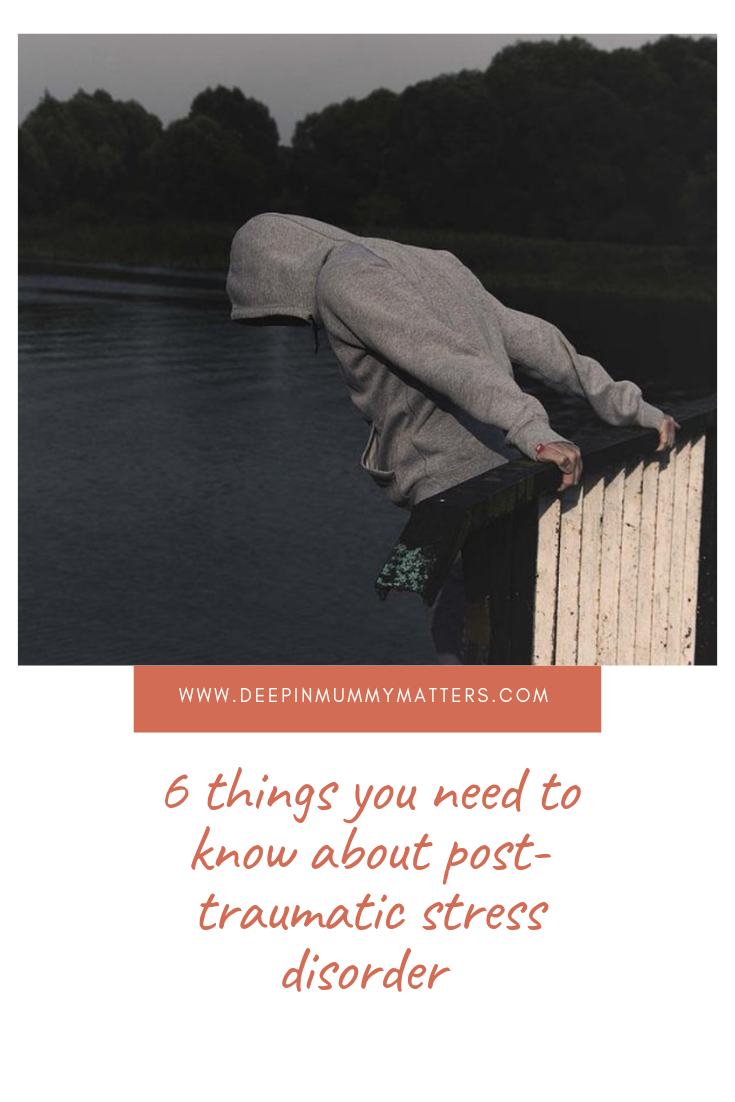If you have heard of post-traumatic stress disorder (PTSD), you may wonder what it is. PTSD is a mental health condition that can occur after someone goes through a traumatic event. Such events include physical or sexual assault, war, natural disasters, or accidents. This blog post will discuss six things that everyone should know about PTSD.
PTSD can affect people of all ages
One of the things that people may not realize about PTSD is that it can affect people of all ages. It is not just something that affects veterans or adults who have been through a traumatic experience. Children and teens can also develop PTSD after experiencing a traumatic event. Rest assured that there will always be a recovery center that will be able to cater to the needs of those with PTSD, no matter what their age is. You must choose a reputable one to ensure you get the best care possible. It would be best to consider that not all treatment centres are created equal.
It is not just about reliving the trauma
Many people think that PTSD is only about reliving the trauma repeatedly. However, that is not the only symptom of PTSD. People with PTSD may also have nightmares, flashbacks, anxiety, depression, irritability, and trouble sleeping. They may avoid places or people that remind them of the trauma. Nightmares and flashbacks are common, but people with PTSD who experience anxiety and depression need to seek assistance as soon as possible. This is because, if left untreated, it can lead to suicidal thoughts and attempts. Nevertheless, it is essential to remember that everyone experiences PTSD differently, and there is no one-size-fits-all approach to treatment.
Symptoms can develop immediately or years after the trauma
Another thing that people may not realize about PTSD is that it can develop immediately after the trauma or years later. For some people, the symptoms of PTSD may appear right away. More often than not, when the symptoms do develop, it is within the first three months after the trauma. However, some people do not experience symptoms until months or even years after the event. This delay in symptom onset can make it challenging to diagnose PTSD. That is why it is essential to be aware of the symptoms of PTSD and to seek help from a mental health professional if you are experiencing any of them.
PTSD can lead to substance abuse
Unfortunately, PTSD can often lead to substance abuse. People with PTSD may turn to alcohol or drugs to self-medicate. This can lead to addiction and make the symptoms of PTSD even worse. Sometimes, people with PTSD may also develop an eating disorder. This is because people with PTSD often have difficulty regulating their emotions, which manifests in their eating habits. If you or someone you know is struggling with substance abuse, it is essential to seek help from a treatment centre specialising in PTSD.
Treatment options are available
Although PTSD can be debilitating, it is essential to remember that it is treatable. There are many effective treatments for PTSD, including cognitive-behavioural therapy, EMDR healing, exposure therapy, and medication. Cognitive-behavioural therapy is a type of therapy that helps people change the way they think about and react to their trauma. Exposure therapy is a type of therapy that helps people face their fears and learn to cope with them. Medication can also be used to help treat the symptoms of PTSD. There is hope if you or someone you know is struggling with PTSD.
You are not alone
Finally, it is essential to remember that you are not alone. Many people have been through what you have been through and understand what you are going through. There are also many resources available to help you cope with PTSD. You can find support groups, therapy, and treatment centres to help you on your journey to recovery. Support groups can provide a safe space to share your experiences and connect with others who understand what you are going through. Therapy can help you learn coping skills and work through your trauma. Treatment centres can provide you with the comprehensive care you need to heal from PTSD.
These are just some of the things that everyone should know about PTSD. If you or someone you know is struggling with PTSD, please seek help from a mental health professional. Remember, you are not alone. There is help available.


